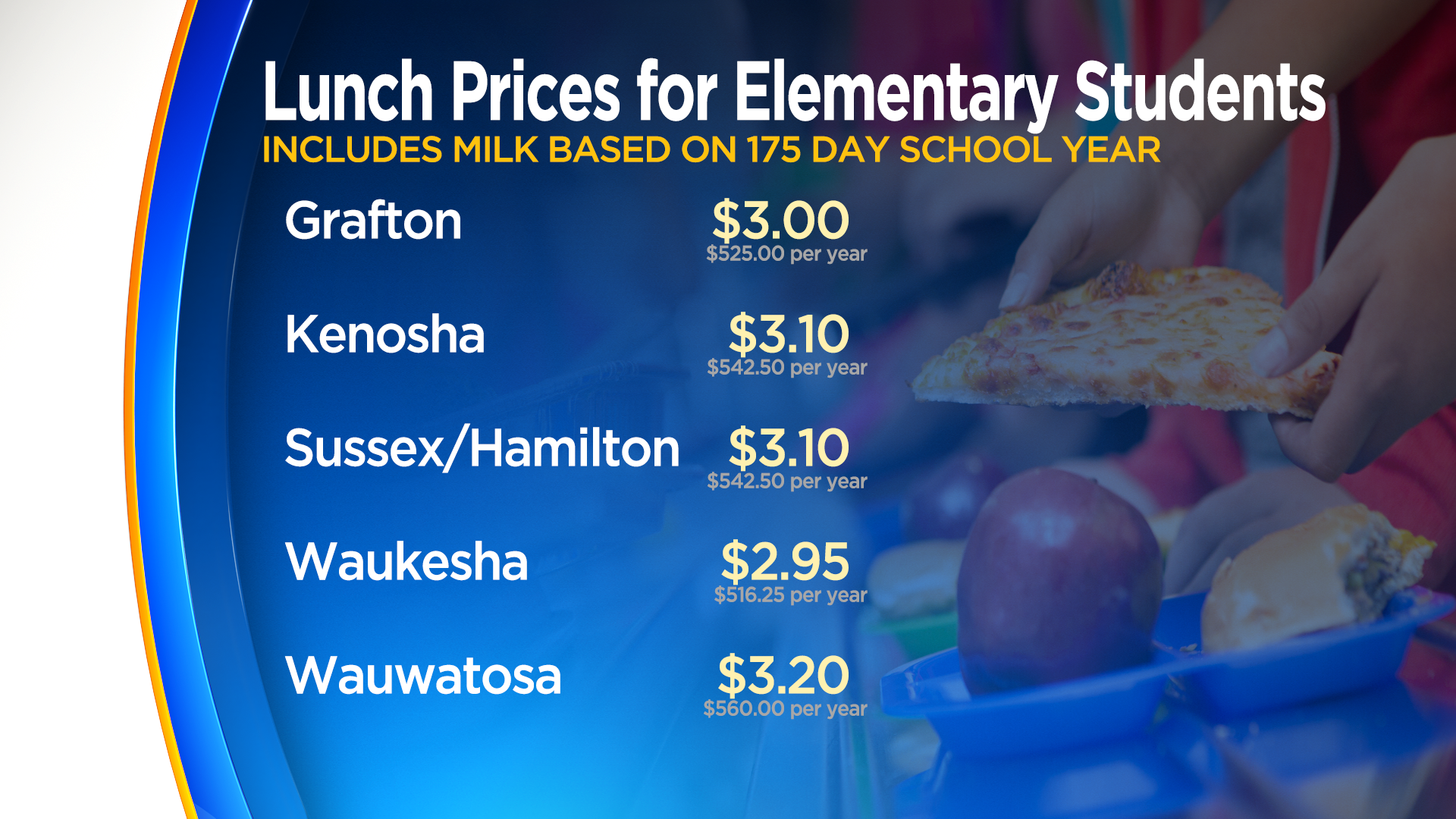Families budgeting hundreds of dollars for school meals for first time in years after federal program expires
MILWAUKEE (CBS 58) -- School nutritionists and education leaders throughout the state say the end of a free school meal program could negatively impact student nutrition this year.
For the first time in two years, families will now have to pay for school meals after a federal program was allowed to expire.
The free school meals are ending just as the school year starts. The experts who walk the hallways say this is hitting at the worst time: families now need to budget hundreds of dollars for school meals they did not have to worry about for the past few years.
And there's a real concern some families may not be able to afford the cost.
Caitlin Harrison is the president of the School Nutrition Association of Wisconsin.
She said, "It makes me very nervous for families. Hunger is such a difficult thing to see."
But educators fear they will see more hunger this year. The federal program that expired in June provided free meals for the past two years.
Harrison says Elmbrook parents told her how much that program helped, but now she says, "They're nervous about what it looks like for their family having to now afford, if it's a family of three, four, or even two children."
The cost could be steep. Lunch prices throughout the area for elementary students hover around $3 each. Middle school and high school meals often cost even more. So families will likely pay more than $500 per child for lunches, and more for breakfast.
Some districts like Milwaukee and Racine will still provide free meals this year. But Harrison says a few students in her Elmbrook district have shared they'll have to work to help their families pay for meal costs.
Harrison said, "There are far too many of those stories, and uncertainties, going into this school year."
Over the summer, a different "Keep Kids Fed Act" was signed to try to provide some of the lost resources, but even advocates acknowledge it's just not good enough.
State Representative Kristina Shelton of Green Bay has worked to fund free healthy meals in Wisconsin schools. She says the new federal law does not provide certainty. "We don't have the law in place that ensures a free breakfast and a free lunch."
Representative Shelton is part of the Healthy School Meals for All coalition.
That coalition has met with the state's federal delegation, the governor's office, farmers and growers, and parents while working on a state bill that would provide free and healthy school meals for all Wisconsin students.
Representative Shelton said, "This may not have passed in this biennium, but we're going to keep reintroducing this bill because it's the right thing to do for our kids and our teachers."
In the meantime, Caitlin Harrison encourages all families to apply for free and reduced meal benefits.
Harrison said, "You can do that at any time if your income situation changes over the year. You can apply for those meals at any time."
Harrison encourages every family to apply for the free and reduced meal benefits even if they don't think they'll be accepted.
The guidelines are determined by the federal government but every single school district should have access to the application either on the district's homepage or the school nutrition page.















